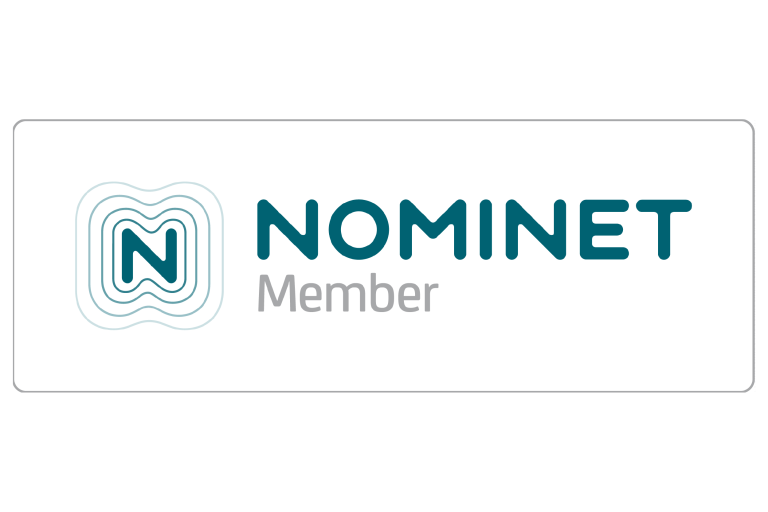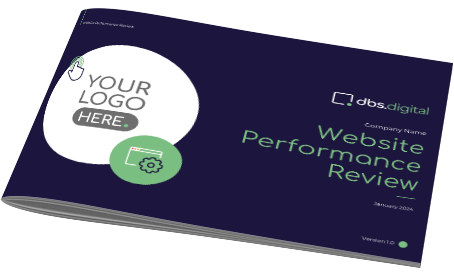You have probably come across the term ‘metadata’, but do you know exactly what it means, and why you need to include it on your website? Our SEO experts have written this useful blog which explains all.
What Is Metadata?
Metadata is used to describe the information on your website in a way that search engines can better understand it. They are a series of tags that help describe the content on your website, but are not visible to the naked eye. When a search engine crawls and indexes your website, metadata is used to determine how relevant your pages and posts are to a user’s search query. There are two main types of metadata:
- Descriptive metadata: this includes basic information about a piece of data, for example what it contains, where it was created, and when it was developed. This can be useful for both machines and humans to understand more about the data.
- Structural metadata: this describes where the information on a web page or blog posts fits on a larger scale, for example how does it relate to other, similar data?
Where To Use Metadata
If you are adding metadata to your website for SEO purposes, there are a few key areas you should focus on:
-
Title Tags
These are the first things that search engines scan to understand the content on your website. Title tags should explain exactly what topic is on your webpage, as well as the keyword that you are trying to rank organically for. If you aren’t sure what your current title tags are, simply look at the HTML code of your website and search for the <title> section at the top.
-
Meta Description
The meta description appears on search engine results pages, and is a short summary of what people can expect to find when clicking through to a specific page on your website. They can encourage visitors to click through onto your website, and read your content. It is always a good idea to ensure your meta description is keyword rich as this will help improve your rankings.
-
Image Alt Tags
The idea of an image alt tag is to accurately describe what an image on your website is showing. This can be very useful for anyone viewing your website with a screen reader, so helps with accessibility. Also by including the keyword you are trying to rank for this can help the image show up in image searches.
-
Schema Markup
Schema markup is the most technical type of metadata. This lists information about your company, including your business name, the type of organization it is, and the products or services it sells. Schema markup allows search engines to read and understand the content on your website, and is a great way to improve your search engine rankings. By adding this to your website, you are more likely to rank in featured areas on search engine results pages, like rich snippets.
Importance of Metadata
As you will probably have guessed, metadata can play a vital role in improving where you rank on Google for your target keywords. Search engines crawl your website on a regular basis, indexing key information and keywords too. By providing metadata that is keyword-rich, the crawlers use this to organise where your website sits in search engine results pages. In essence, providing metadata is giving search engines information in their own language!
It is really important to follow a solid structure of optimised headings within your content too. Start with only 1 Header 1 tag, then Headers 2-6 as you go down the page. Search engines know that the Header 1 tag is the most important, so indicate exactly the type of content that can be found on that page.
When optimising your website for search engines, focus on optimising your titles, description tags and image tags, and your rankings should improve fairly quickly. If you would like any help with implementing metadata on your website, why not contact the digital marketing experts at DBS who are on hand to help.









